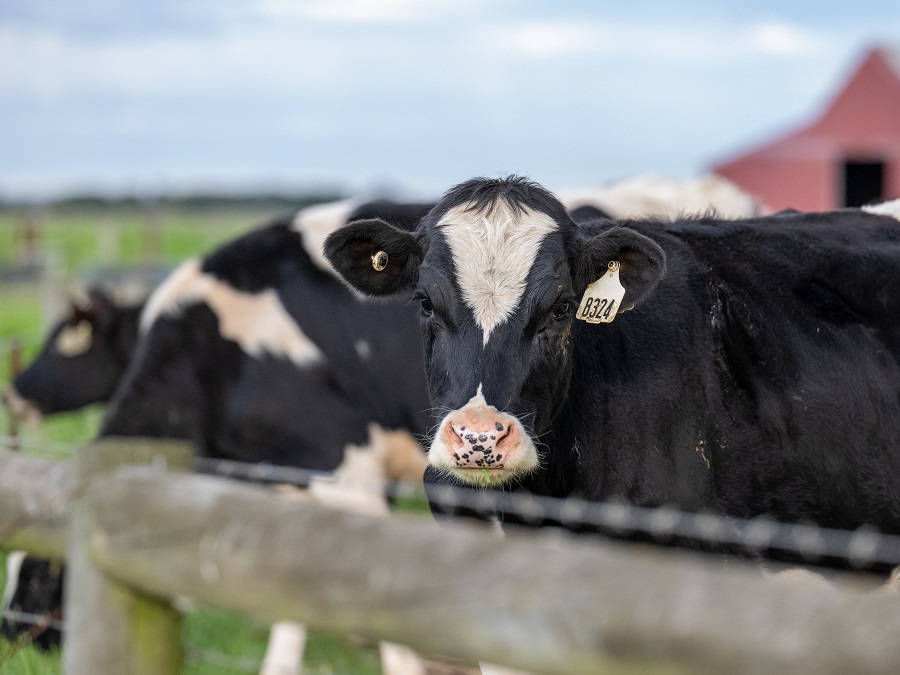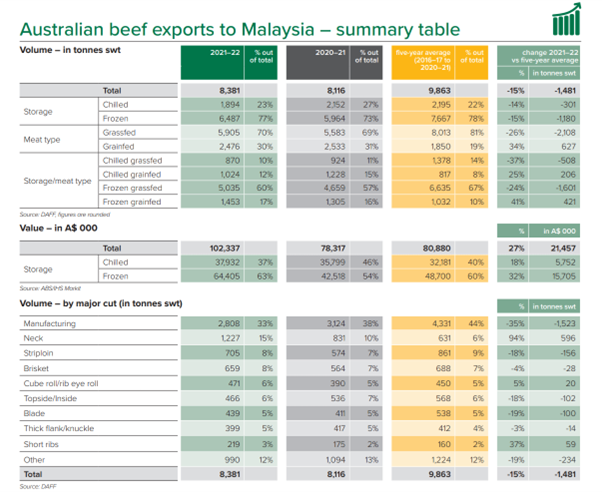Livestock exports from Australia to Muslim nations have proven significant, notably during the religious holiday of Eid. Eid-ul-Adha, commonly called the Festival of Sacrifice, is an important religious festival for Muslims worldwide. Muslims perform sacrifice rites during this time, and livestock, notably cattle, are an essential festival element.
Australia has been a significant supplier of cattle to Muslim countries such as Indonesia, Malaysia, and the Middle East. Throughout Eid, these countries have a compulsory requirement to sacrifice animals, and Australian cattle have proven to be in tremendous demand due to their quality and compatibility.

The Australian government and livestock industry have established safeguards to meet the increased demand during Eid. Among these metrics are:
- Halal Certification: Halal certification assures that the meat manufactured and shipped from Australia adheres to Islamic dietary guidelines. To appeal to Muslim clients, Australian cow farmers have sought halal certification. Obtaining Halal certification necessitates adopting accurate manufacturing and storage processes, such as halal slaughtering methods.
- Compliance with Halal Standards: Cattle producers in Australia have put in place mechanisms for guaranteeing halal conformity throughout the production process. This entails feeding halal-approved feed and slaughtering the animals in accordance with Islamic practices.
- Quality Assurance and Traceability: Australian cattle farmers have built stringent quality assurance and traceability procedures to ensure the authenticity and security of their exported beef. These innovations aid in tracking the whole supply chain, from farm to export, consequently assuring transparency and accountability.
Malaysia, behind Singapore, has the region’s second most significant consumer spending capacity. Consumers spend around USD6,500 per capita, compared to the ASEAN average of USD2,700 (Source: Fitch Solutions). Despite the predominant role of chicken and fish in the Malaysian diet, the country has a very high – and increasing – per capita beef consumption of around 7kg per person per year. Compared to the Asian average of 4.8kg (Source: GIRA). The table below perfectly exemplifies how Australia has penetrated the Malaysian market with its high-quality beef and cultural awareness.
Australia is also proving to be a sustainable choice for more socially conscious consumers. In recent years, the Australian government and industry stakeholders have been collaborating to address these concerns and enhance standards for animal protection across the supply chain.
The Australian Standards for the Export of Livestock (ASEL) have established the rules and procedures for livestock exportation, particularly cattle. It addresses topics, including pre-export preparation, transportation, and animal welfare in importing nations.
The Australian government implemented the Supply Chain Assurance System (SCAS) as a different level of oversight. Its goal is to ensure that the animals exported are managed in compliance with worldwide animal welfare standards. According to the system, exporters must have certified supply chains and traceability methods in place to track the well-being of animals throughout the process.
Another notable thing to note is that live goat exports have increased nationally in Australia this year, including 8,628 heads of slaughter and breeder animals shipped to Malaysia, China, and Indonesia. While this is a significant decrease from 2018’s total of 22,644 heads, it is nearly double the previous year’s total of 4,869, with only seven months remaining in the reporting year. This year’s most oversized cargo has been 3,652 heads of breeder goats, which departed Victoria in May for China. (Source: Countryman).
Increased awareness regarding Islamic dietary requirements, customs, and preferences to better tailor their products to the target markets, in conjunction with a sustainable approach towards exporting beef, has made Australian beef so popular among Muslim countries, especially during the festive season.
In October 2023, the Malaysia Global Business Forum (MGBF) will be organising the ‘ASEAN’s Food Security Nexus 2023’ supported by the Malaysia Australian Business Council (MABC), where you could learn more about the emergence of sustainable supply chains, food security-related business opportunities in the ASEAN region, and keynote addresses from highly renowned experts on fields related to food security. ![]()


